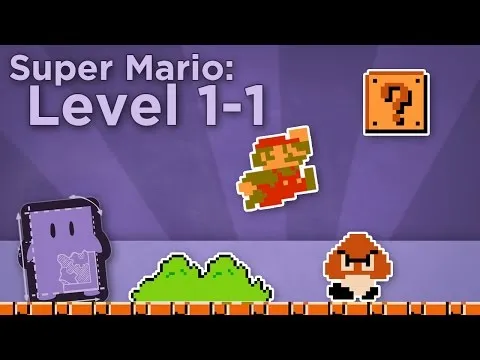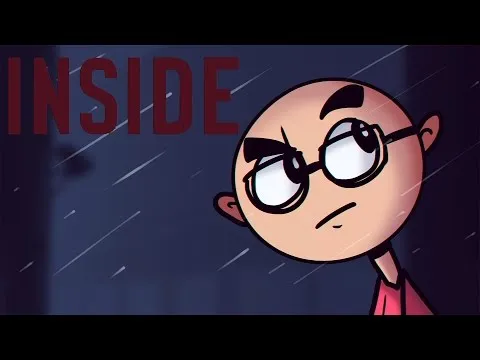In discussion of the philosophy of games and sometimes in tabletop RPG Theory there's a recurring notion that an end goal or “object of the game” is an essential element of games. For example, in The Grasshopper, philosopher Bernard Suits puts forward a “pre-lusory goal” as a core element of his definition of “game”. This is a reasonable supposition, lots of games do indeed have end-goals or “objects”: In chess the object is to check-mate the opposing king, in a footrace the object is to be the first across the finish line, in soccer the object is to have the most points when the time runs out.
In this formulation, some games don't have explicit “objects” but implicit ones. For example, many tabletop RPGs don't have them: you can keep going forever, or until you get bored with those characters or that situation. Some game designers like Vincent Baker speculate that these games do tend to have objects, even if they're not spelled out in those terms. When pressed to identify the “object of the game” in some games that seem to have nothing that looks like an object, but merely procedures, Vincent is open to the possibility that the object of the game could be “faithfully follow the procedures of the game”. That kind of thing strikes me as a purely pro forma “object” to satisfy the expectation that all games have objects – you don't need an extra part to tell people to follow the procedures of a game, agreeing to follow the procedures of a game is implicit in playing the game in the first place. In The Grasshopper Suits proposes the category of “open games”, where the goal is perpetual play, to cover games that don't seem have explicit end-goals. As I said in my review, that strikes me as unsatisfying:
Grasshopper: But surely all activities are goal-directed, or at least all intelligent activities (if that is not, in fact, a redundant expression) are. I take it that participation in such pastimes qualifies as intelligent activity?
Skepticus: It does.
Grasshopper: Then surely such activity must have some goal or purpose. Otherwise it would be just a series of random movements.
Skepticus: I agree, Grasshopper, that such pastimes have some point to them, that is, some goal.It seems to me that the Grasshopper handwaved past that too quickly, or perhaps his interlocutor Skepticus was insufficiently skeptical and could have probed a little deeper. I think that a flat assertion that all activities “must have some goal or purpose” provides a strong incentive for “just so” stories.
As I suggested in my Grasshopper review, I suspect Suits gets it backwards. Rather than the unusual kind of “goals” that Suits associates with open games being a subset of the essential component of games-with-goals, my sense is that having an explicit end-goal is one way to provide an essential element that games need but not the only way. From a functional perspective, what I think an explicit end-goal like “checkmate your opponent” is doing is providing directionality and a way to gauge the impact of your moves. I think it's providing a sense of “meaningfulness” within the game by tying the local action of your move to some global measure.
But as I discussed in my view of Thomas Nagel's The Absurd you don't always need a global sense of what's meaningful, local cues can be enough. I think platformer games demonstrate that. If you asked people to identify the formal object of Super Mario Brothers they'd probably say it has something to do with rescuing Princess Peach. But when you first fire up the game to start you could be completely unaware of that fact and still play it in a very game-y way. The local cues of gameplay give you enough information to understand how you're meaningfully impacting the game.
And if you consider the arty puzzle-platformer Inside, a common reaction to reaching the ending is something along the lines of “Huh, I guess that's what I've trying to do the whole game.”
My view is that (in games that have them) explicit end-goals serve a purpose, but the important thing is that purpose getting served not the existence of a goal, and other techniques can fulfill that purpose in other games. An “object of the game” is one tool in a game-designers toolbox, but not the only one. I think the purpose that end-goals or “the object of the game” serve is guiding a sense of players' contributions so they feel meaningful from moment-to-moment during play (but, like with all theories, I may be wrong).

